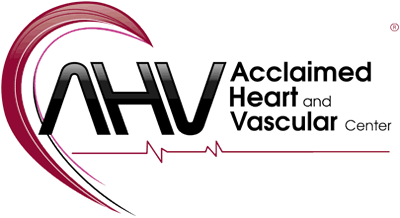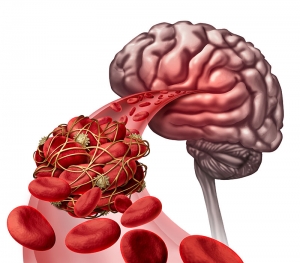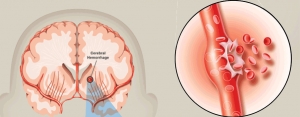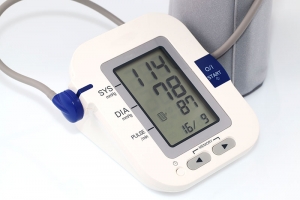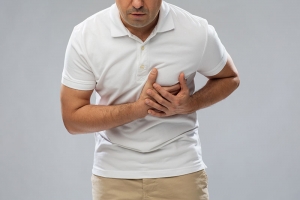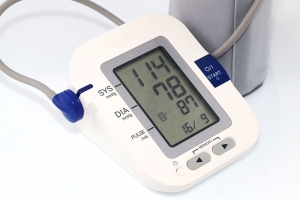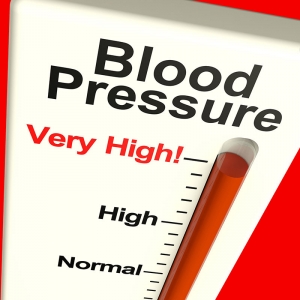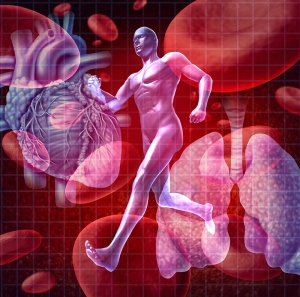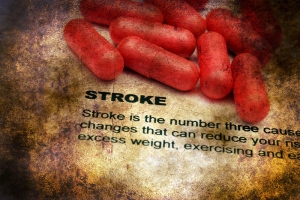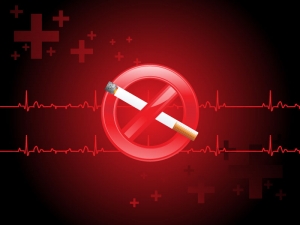Ischemic Strokes
Ischemic stroke is the most common form of stroke, accounting for around 87% of strokes. This type of stroke is caused by blockages or narrowing of the arteries that provide blood to the brain, resulting in ischemia - severely reduced blood flow.
These blockages are often caused by blood clots, which can form either in the arteries connecting to the brain, or in other blood vessels before being swept through the bloodstream and into narrower arteries within the brain. Clots can be caused by fatty deposits within the arteries called plaque.
Hemorrhagic Strokes
Hemorrhagic stroke is caused by arteries in the brain either leaking blood or bursting open. The leaked blood puts pressure on brain cells and damages them. Blood vessels can burst or spill blood in the middle of the brain or near the surface of the brain, sending blood into the space between the brain and the skull.
According to www.stroke.org, Hemorrhagic Strokes account for about 15% of all strokes, but they are responsible for about 40% of all stroke deaths.
Prehypertension – what it is and what to do about it
Prehypertension is a warning sign that you may get high blood pressure in the future. High blood pressure increases your risk of heart attack, stroke, coronary heart disease, heart failure, and kidney failure. There's no cure for high blood pressure, but there is treatment with diet, lifestyle habits, and medications.
What is Tachycardia?
Tachycardia refers to a fast-resting heart rate - usually at least 100 beats per minute. Tachycardia can be dangerous, depending on its underlying cause and on how hard the heart must work.
In general, the adult resting heart beats between 60 and 100 times per minute. When an individual has tachycardia, the upper and/or lower chambers of the heart beat significantly faster.
Our heart rates are controlled by electrical signals that are sent across the tissues of the heart. When the heart produces rapid electrical signals, tachycardia occurs.
When the heart beats too rapidly, it pumps less efficiently and blood flow to the rest of the body, including the heart itself, is reduced.
What is Bradycardia?
A heart rate of less than 60 beats per minute (BPM) in adults is called bradycardia. What's too slow for you may depend on your age and physical condition.
- Physically active adults (and athletes) often have a resting heart rate slower than 60 BPM but it doesn't cause problems and is normal for them.
- Your heart rate may fall below 60 BPM during deep sleep.
- Elderly people are more prone to problems with a slow heart rate.
Hypertension: What it is and what causes it
High blood pressure, or hypertension, occurs when your blood pressure increases to unhealthy levels. Your blood pressure measurement considers how quickly blood is passing through your veins and the amount of resistance the blood meets while it’s pumping.
Blood pressure is the force exerted by the blood against the walls of blood vessels, and the magnitude of this force depends on the cardiac output and the resistance of the blood vessels. Hypertension is classified as having blood pressure higher than 140 over 90 mmHg (millimeters of mercury). A diagnosis of hypertension may be made when one or both readings are high. This means the systolic reading (the pressure as the heart pumps blood around the body) is over 140 mmHg (millimeters of mercury) and/or the diastolic reading (as the heart relaxes and refills with blood) is over 90 mmHg.
Hypertension: Why it’s such a big deal
High blood pressure, or hypertension, occurs when your blood pressure increases to unhealthy levels. Your blood pressure measurement considers how quickly blood is passing through your veins and the amount of resistance the blood meets while it’s pumping. Click here to learn more about Hypertension.
Hypertension is very common. According to the CDC, In 2016, 75 million Americans (29%) are living with the condition.
It is very important to monitor and control your high blood pressure. Click here to learn ways to prevent and control hypertension.
Hypertension: Ways to Control and Prevent
High blood pressure, or hypertension, occurs when your blood pressure increases to unhealthy levels. Your blood pressure measurement considers how quickly blood is passing through your veins and the amount of resistance the blood meets while it’s pumping. Click here for more information on hypertension.
To control your hypertension, you can either take medicine prescribed by your doctor or try lifestyle changes first. If your blood pressure is very high - higher than 160/100, or when either number is higher – it is recommended that you start with medicine to lower it immediately. Either way, you will need to adjust your lifestyle to live more of a heart-healthy lifestyle and lower your risk for heart attack and stroke.
Everything You Need to Know About Stroke
Stroke is the 5th leading cause of death in the US, with one person dying every 4 minutes as a result. For African Americans, stroke is the 3rd leading cause of death.
In the US, approximately 40% of stroke deaths are in males, with 60% in females. According to the American Heart Association (AHA), compared to Caucasians, African Americans have nearly twice the risk of a first-ever stroke and a much higher death rate from stroke.
Stroke is also more likely to affect people if they are overweight, aged 55 or older, have a personal or family history of stroke, are not physically active, drink heavily, smoke or use illicit drugs.
Smoking and The Effects on Your Health
The Facts
Tobacco use is the "most important preventable cause of premature death in the United States. Cigarette smoking is so widespread and significant as a risk factor that the Surgeon General has called it 'the leading preventable cause of disease and deaths in the United States.'1
Smoking increases blood pressure, decreases exercise tolerance and increases the tendency for blood to clot.
